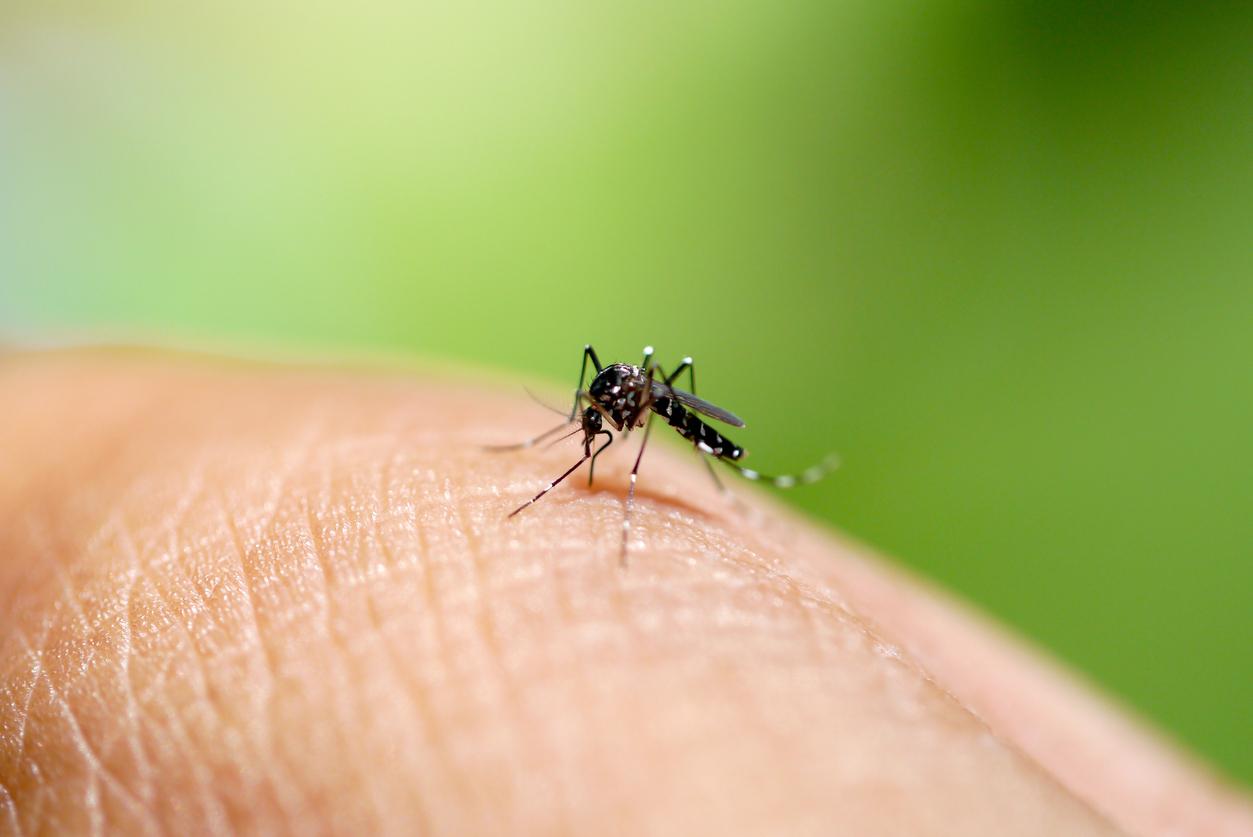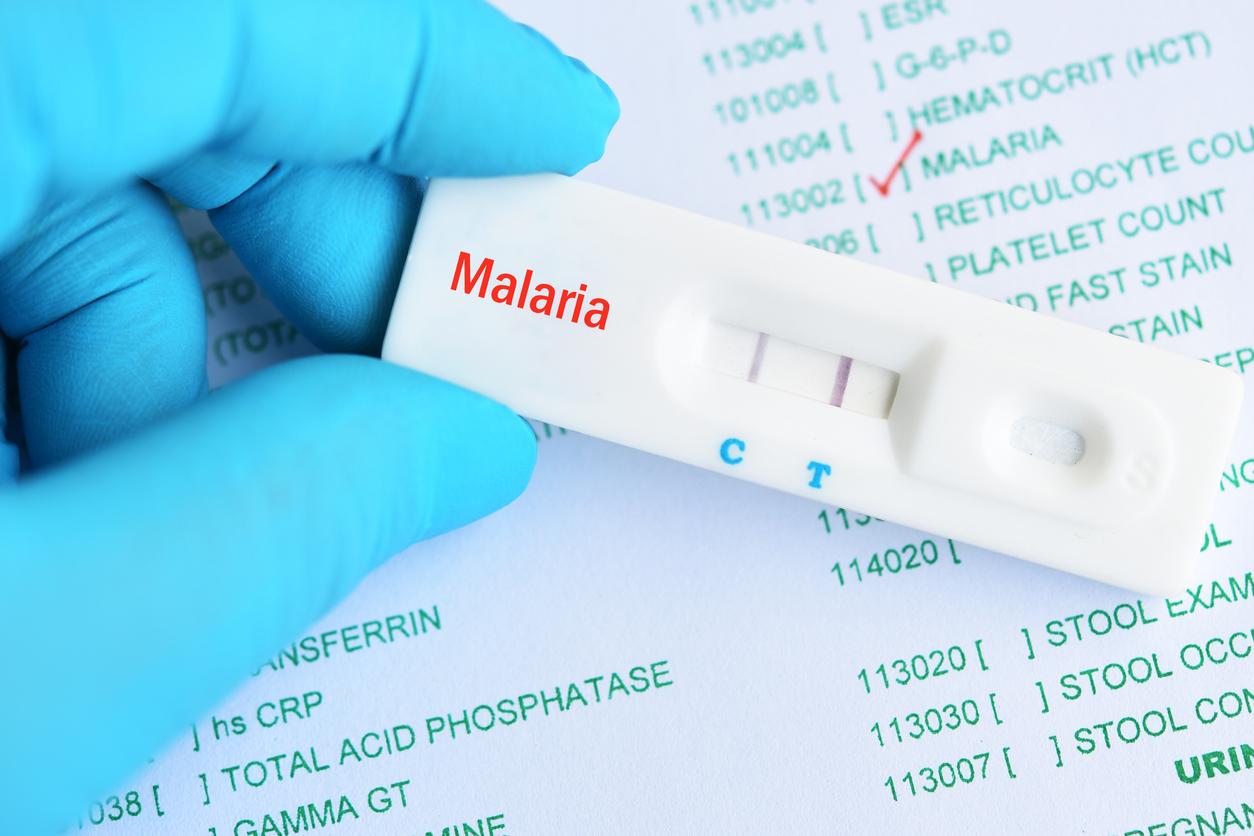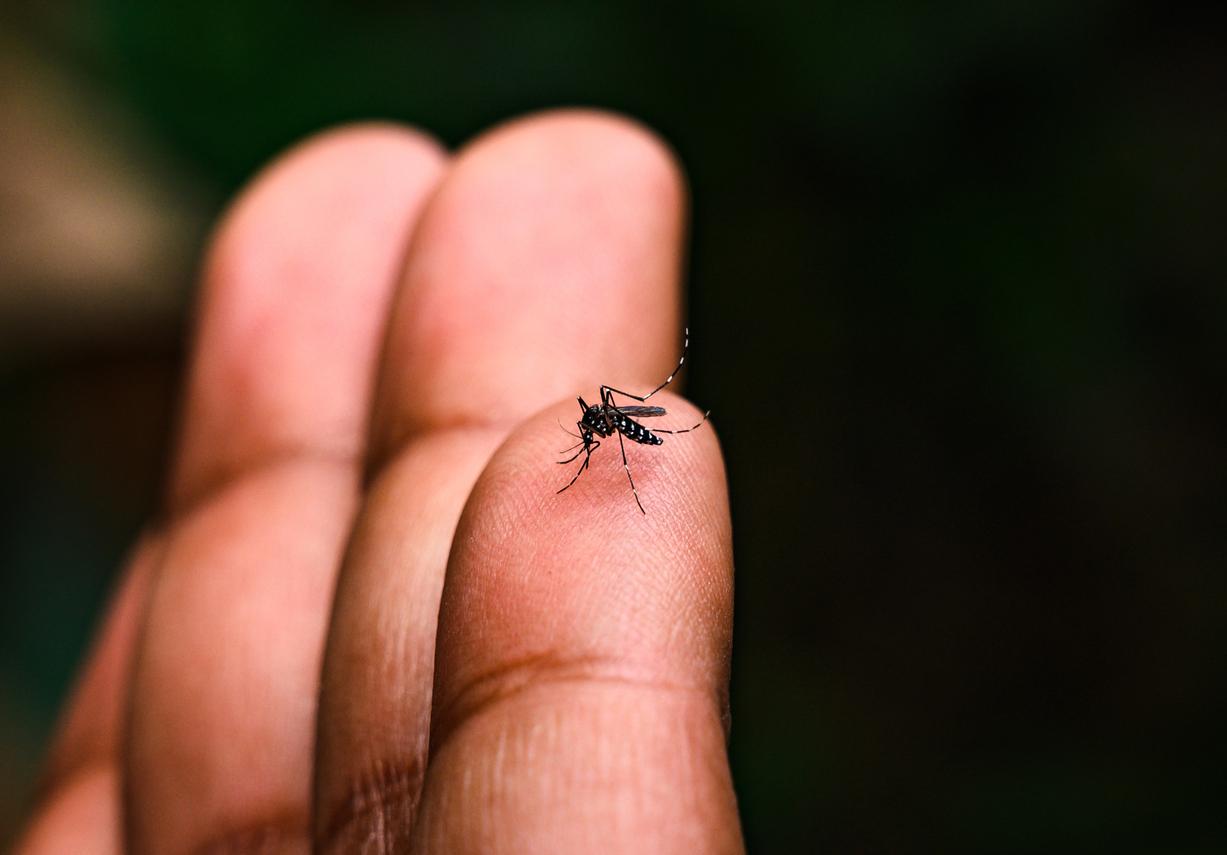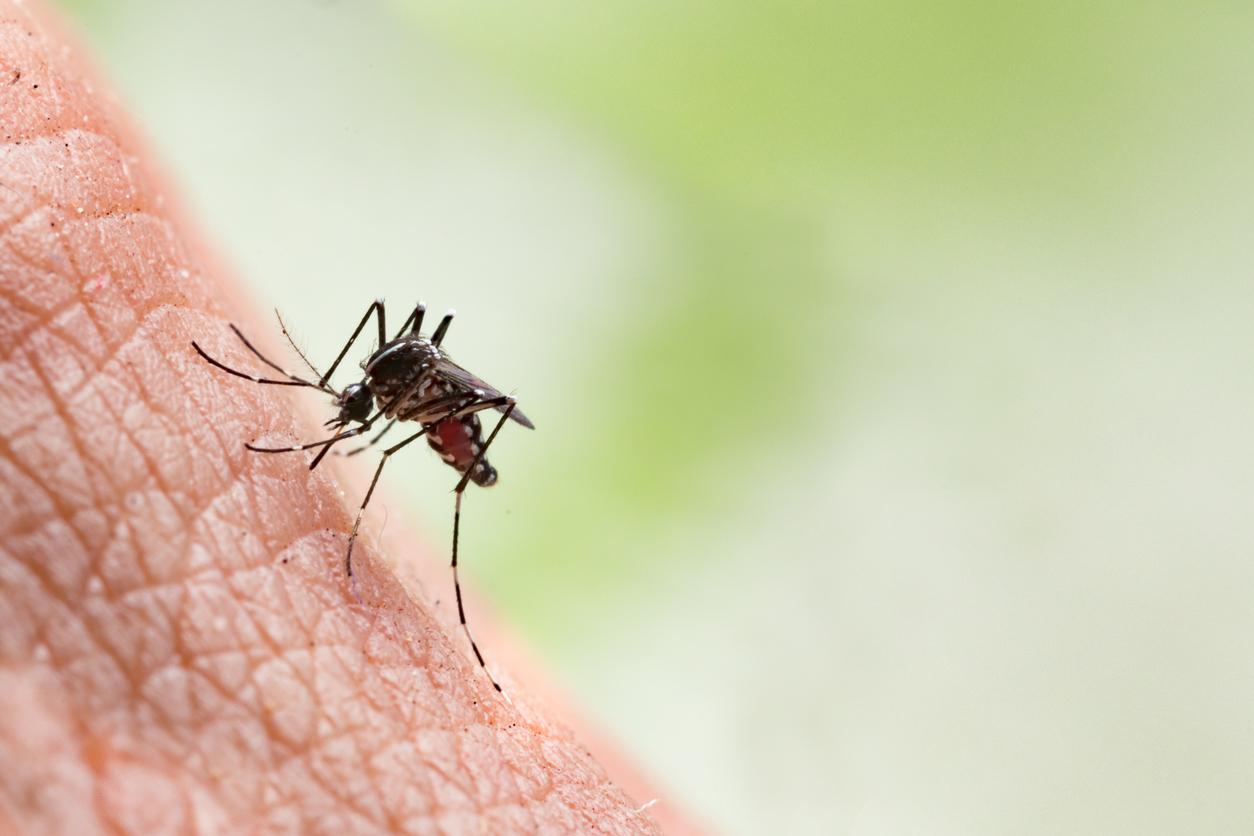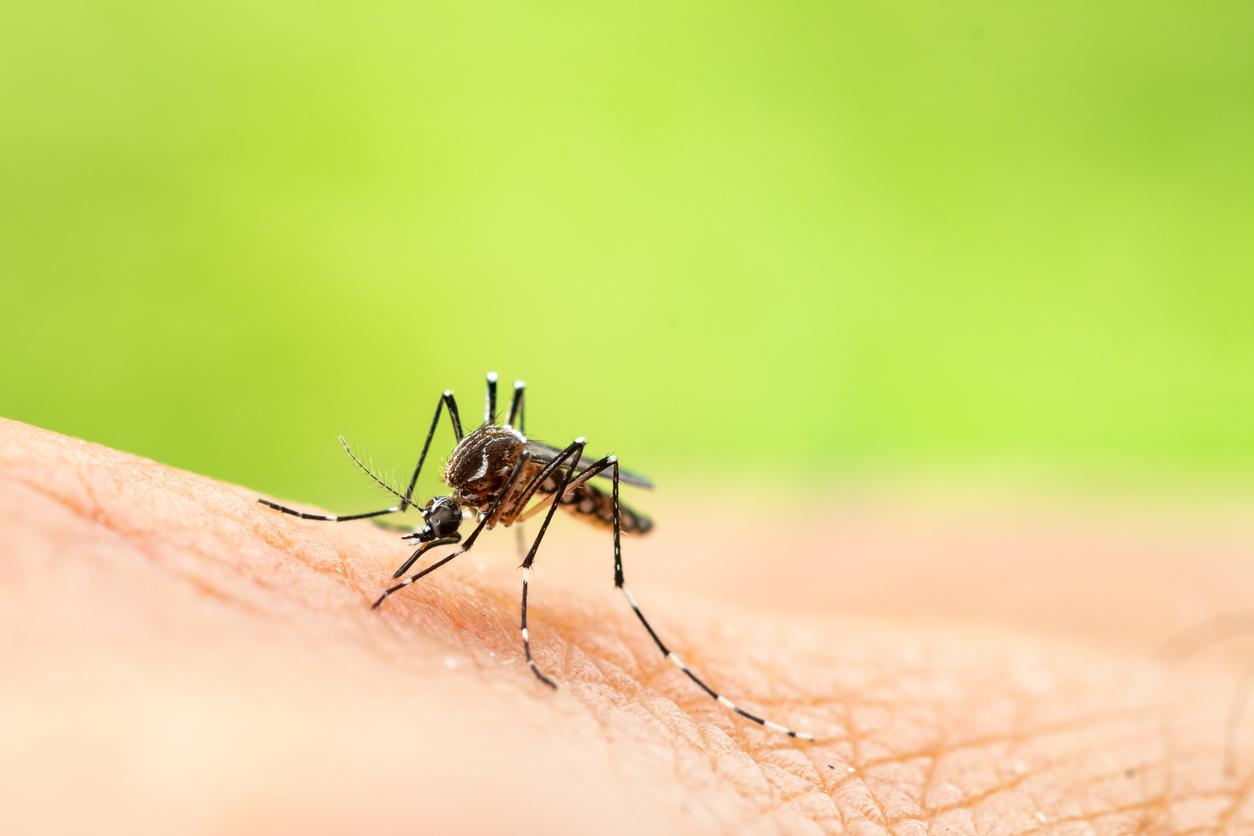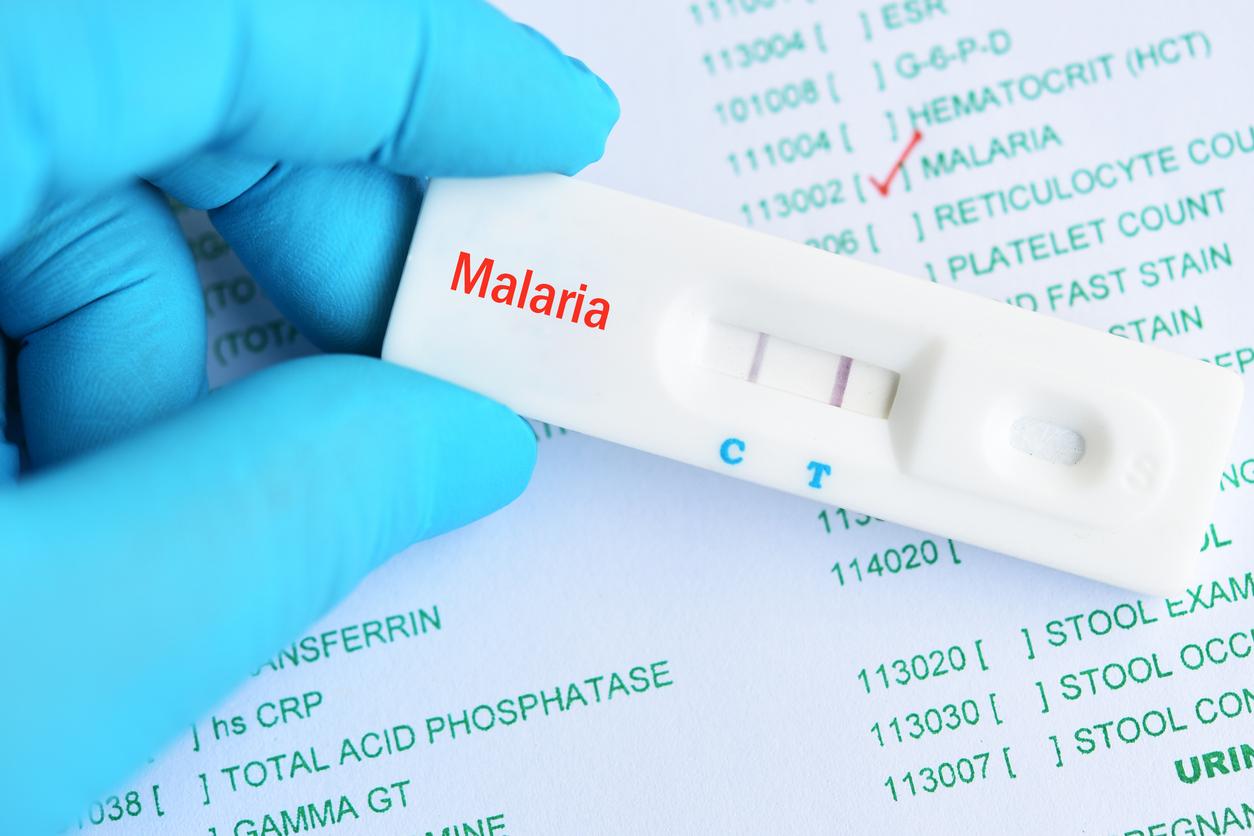Will we one day be able to eradicate the tiger mosquitoes, vectors of dengueor chikungunya ? The hypothesis becomes more plausible in view of the experiment carried out by scientists from the Imperial College of London in Great Britain. After 15 years of work, researchers have succeeded in genetically eliminating cohorts of Anopheles mosquitoes, vectors of malaria. The results appeared in the journal Nature Biotechnology.
The experts used the technique of CRISPR-Cas9, a molecular tool that makes it possible to modify the genome. This genetic method, also called “molecular scissors”, roughly involves cutting off a portion of DNA and replacing it with another.
Researchers Austin Burt and Andrea Crisanti altered certain genes in mosquito vectors of malariaso as to make them sterile. Released in mosquito cages, the insects carrying the genetic mutation contaminated their congeners who in turn became sterile. Seven generations of mosquitoes were thus eliminated.
“This is the first time that we have shown that we can, in principle, manipulate the fate of an entire species”, rejoices at the Wired site Andrea Crisanti, co-author of this first scientist financially supported by the Bill and Melinda Foundation Gates. If this technique is disseminated on a larger scale within the communities of mosquito vectors of diseases, it would be possible toeradicate parasitic diseases and save many lives, scientists hope.
Malaria is a potentially fatal disease caused by parasites transmitted to humans through the bites of infected female mosquitoes. In 2016, 216 million cases of malaria were recorded in 91 countries (compared to 5 million more cases thanin 2015) according to the WHO. The disease caused 445,000 deaths in 2016.
An ethical and potentially ecological problem
This gene therapy is arousing the interest of researchers who see enormous potential in the treatment of certain genetic diseases such as Duchenne muscular dystrophy see certain cancers.
But the exploitation of Crispr raises ethical questions.
Some are worried about the drifts linked to the alteration of the genetic heritage. In the case of mosquito populations, the permeability of other species to this contamination is not excluded. The risk of transmission could then sign the end of some of them with ecological consequences, worries Ricarda Steinbrecher of the University of Oxford, contacted by Up ‘magazine : “once the gene complex (or gene transgene) crosses one of the other species, it could potentially cross other populations and species, greatly reducing or even eliminating these populations, with potentially serious ecological and biodiversity consequences “.
Read also
A new test for the diagnosis of malaria
Armed conflicts complicate the fight against Ebola in the DRC









